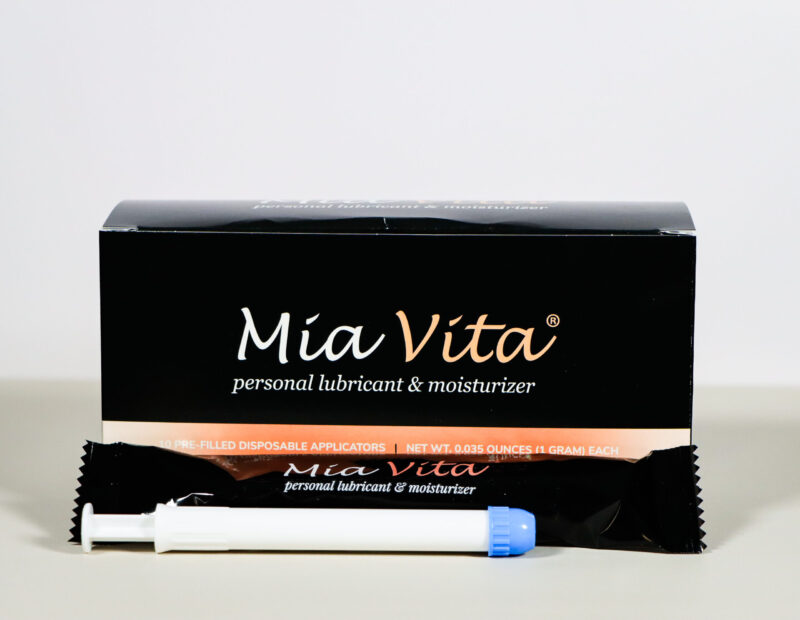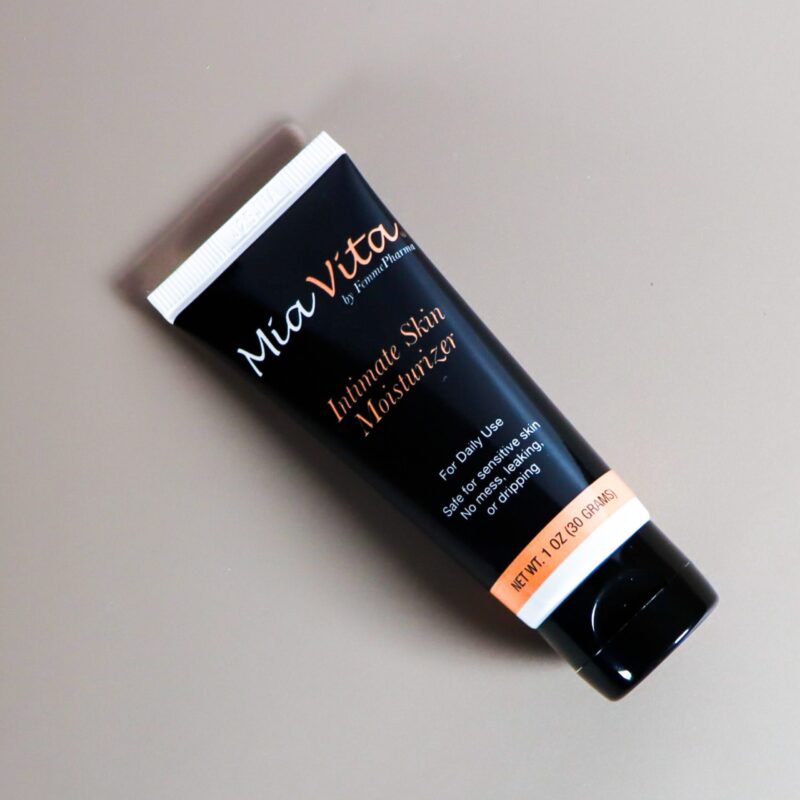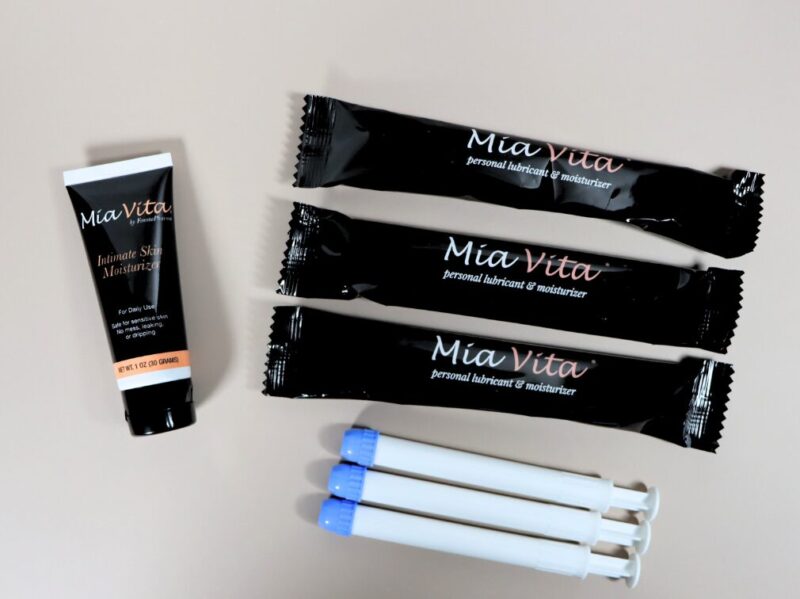For women with thyroid imbalance, the struggle is real. And it can also be really difficult to pin down. Here we provide a menopausal woman’s user’s guide to achieving and maintaining healthy thyroid function.
A delicate balance
The relationship between thyroid function and reproductive function is intricate, though not always obvious. Thyroid hormones regulate reproductive organs and studies have revealed that estrogen directly controls thyroid function.
Over the course of a woman’s life, hormonal changes associated with puberty, menstrual fluctuations, and pregnancy can take a toll on the thyroid gland. And, as a woman approaches menopause, metabolism slows, sex hormones ebb, and the body’s ability to absorb iodine decreases, slowing thyroid function. Additionally, progesterone supplementation after menopause can further suppress thyroid activity. As a result, women are 5 to 20 times more likely to develop a thyroid imbalance than men, and the risk increases with age.
Part of the intricacy of thyroid dysfunction is that symptoms can be subtle and routine blood work might not accurately reflect a thyroid imbalance, leading to what are known as subclinical thyroid disorders. In subclinical low thyroid, aka hypothyroidism, which comprises about 74% of subclinical thyroid diagnoses in women, levels of thyroid-stimulating hormone (TSH), the standard screening tool for thyroid function, may be mildly elevated, while levels of circulating thyroid hormone are within the normal range.
Stress effects
High levels of the stress hormone cortisol can suppress thyroid function, leading to hypothyroidism. But if this happens during the menopausal transition, it may go undetected since the symptoms of the two, such as brain fog, depression, memory problems, hair loss, sensitivity to cold, and decreased sex drive, can overlap.
After the ovaries stop producing estrogen, the adrenal glands produce small amounts by converting testosterone. Normally, this process would ease the transition through menopause, but for women who have experienced prolonged stress in their younger years, the adrenals may not be well-equipped to perform that function later in life.
Menopause masking hyperthyroid
Occasionally, menopause can mask an overactive thyroid, with symptoms such as missed periods, hot flashes, mood swings, and insomnia. As a result, the American College of Physicians recommends that women over the age of 50 who are having one or more of these symptoms should have a thyroid screening test performed. Additionally, according to Johns Hopkins University Department of Medicine, an underlying or undiagnosed thyroid problem can cause women to experience early menopause, i.e., before the age of 40 or in the early 40s.
Autoimmune thyroid conditions
The hormonal shifts that come with menopause can place additional stress on the relationships between the thyroid gland and reproductive organs. Estrogen, for example, has anti-inflammatory effects and when estrogen levels drop during menopause inflammation can increase, which increases the risk for developing an autoimmune condition of the thyroid gland, such as Hashimoto’s thyroiditis, which generally leads to hypothyroid function. In the U.S., Hashimoto’s disease is the most common form of hypothyroidism.
An autoimmune process can also cause a swing in the opposite direction, leading to autoimmune hyperthyroidism, or Grave’s disease, with symptoms such as nervousness, tremors, weight loss, and heat intolerance.
Environmental chemicals
Certain chemicals in your home environment and common household products are toxic to the thyroid gland, such as plastics with BPA, stain- and flame-retardant fabric treatments, and non-stick coatings on pans. It’s best to replace these with thyroid-safe options. Also, when heating food in a microwave avoid plastic containers to prevent microplastic contamination of food.
Additionally, some medications can suppress thyroid function. If you are prescribed a medication that might affect your thyroid, talk to your doctor about whether monitoring your thyroid hormone levels or switching to a different medication would be an option.
Ways to support healthy thyroid function
Starting a thyroid self-care plan (early as possible) with a healthy diet and lifestyle along with a few thyroid-specific tweaks can help ensure smooth sailing through menopause.
- For a thyroid-forward diet, lean into high-fiber, healthy fats, and unprocessed everything.
- Stay active with a sport or exercise you enjoy to keep your metabolism, and your thyroid gland, happy and humming.
- Get plenty of good quality sleep. Poor sleep leads to metabolic and thyroid stress, which can affect thyroid hormone levels.
Finally, if you’re entering perimenopause and suspect an underlying thyroid imbalance or want to rule one out, talk with your doctor about ordering a thyroid panel. This will provide an overview of your thyroid and immune function to determine whether an imbalance may be lurking. And, if you’re taking hormone replacement therapy but still struggling with symptoms knowing your thyroid levels can inform your approach to care.
FemmePharma has been helping women navigate menopause for over two decades. No matter where you are in your journey, you deserve to have knowledgeable, intimate healthcare partners to help you feel your best. Explore our other articles, podcast episodes with women’s health experts, and products to ease your transition into menopause.



